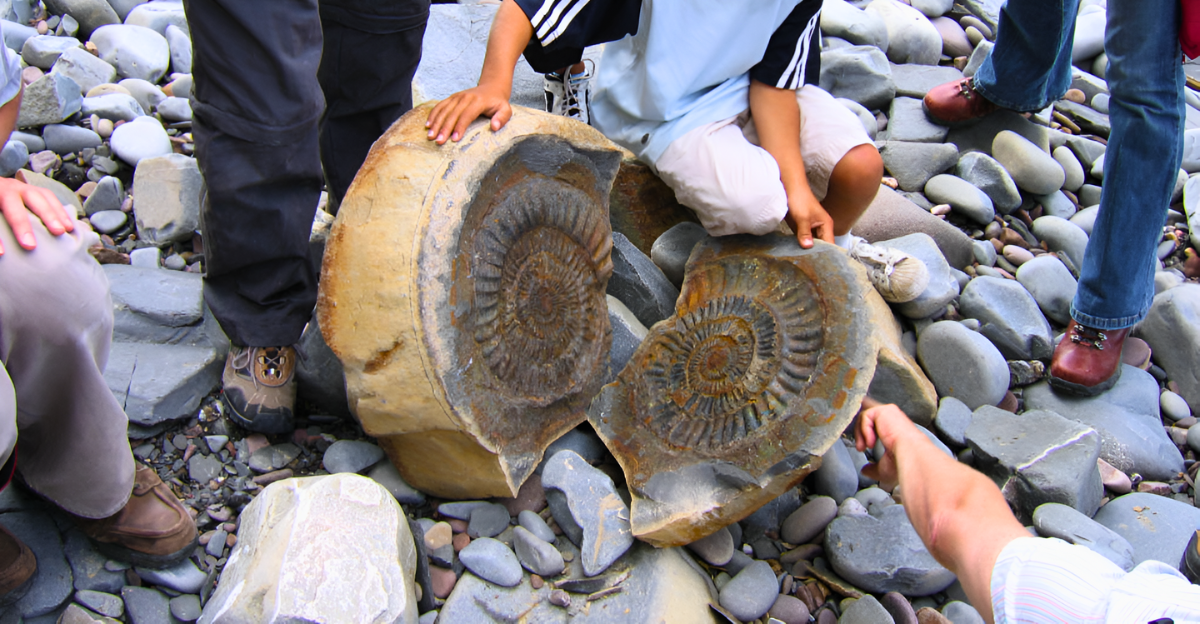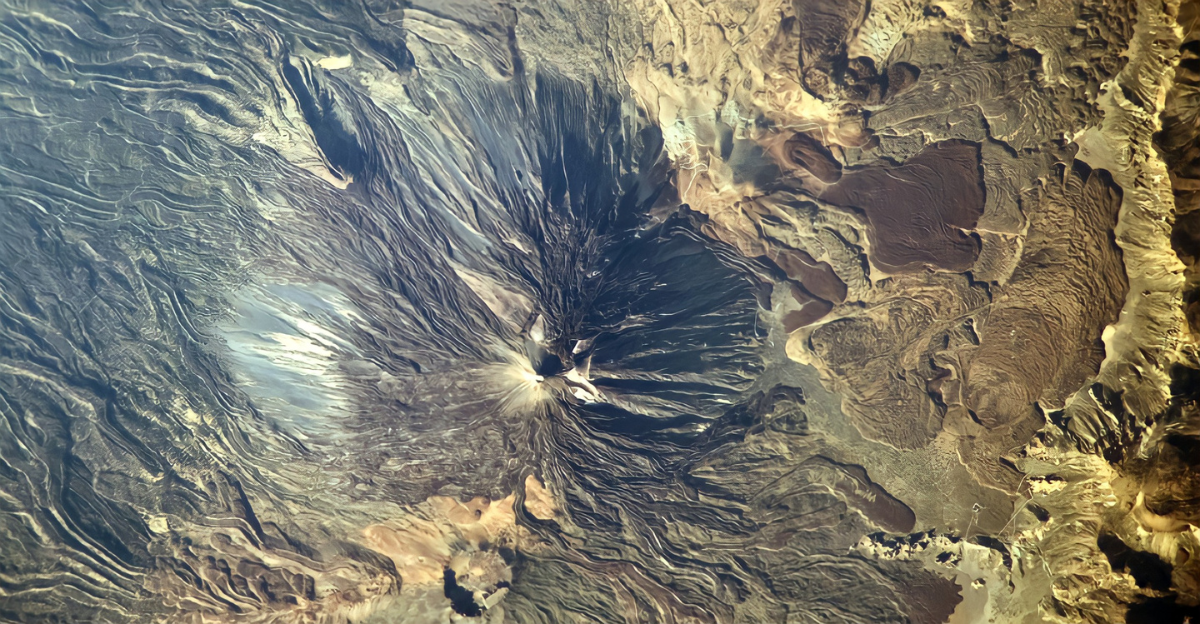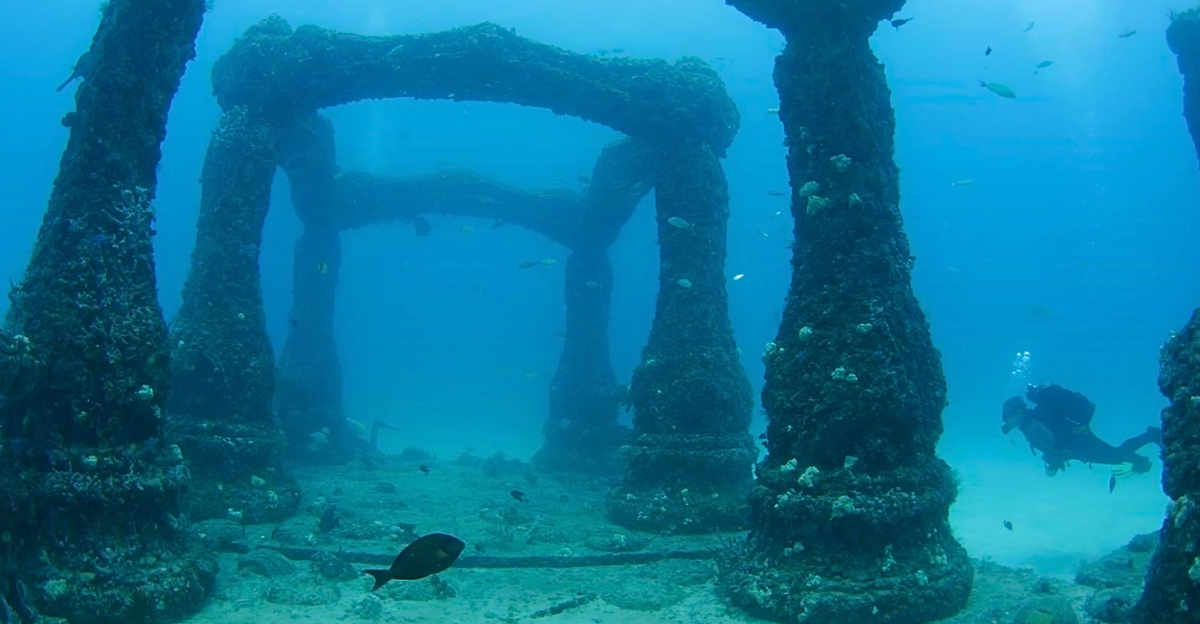
Both academics and the general public are still captivated by the timeless myth of Atlantis, and new underwater investigations have reignited curiosity about the possibility that this imaginary island was real. New findings suggest ancient underwater structures in the Atlantic Ocean that some scholars believe may correspond with Plato’s descriptions from more than two millennia ago, despite the fact that they have historically been written off as allegory.
These discoveries, which make use of sonar mapping, deep-sea explorations, and radiocarbon dating, pose significant queries regarding extinct civilizations and push academics to reexamine human history cautiously but openly. While much work needs to be done to confirm their significance, if confirmed definitively, these findings could expand our knowledge of early human settlements.
Plato’s Account Revisited: Potential Historical Foundation?
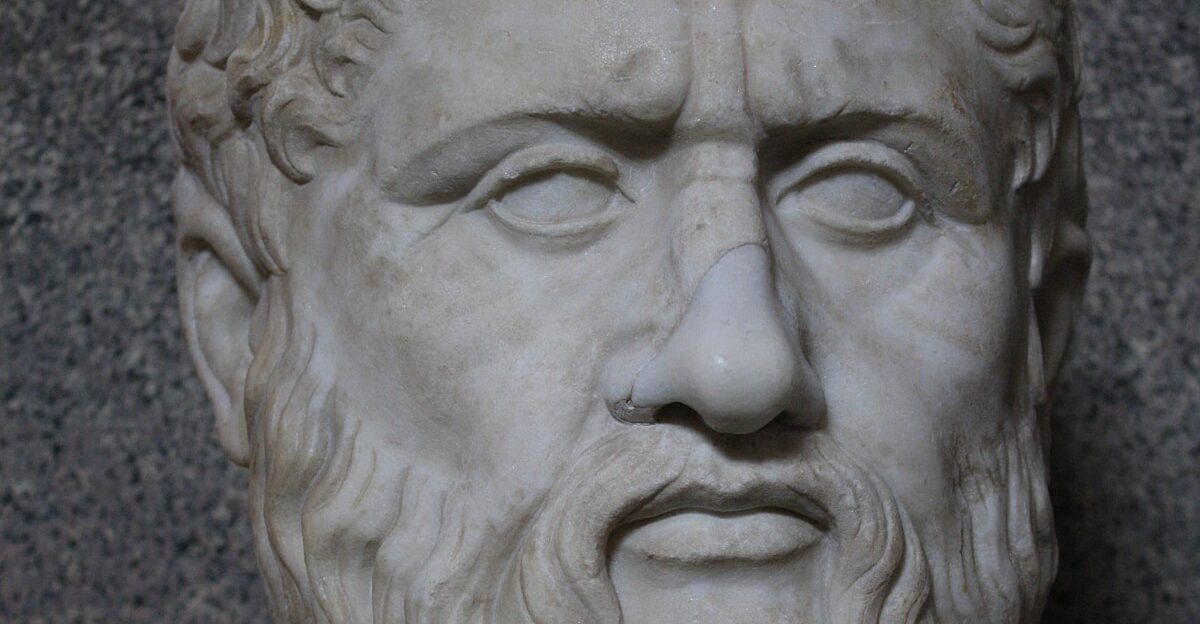
According to Plato’s intricate dialogues, Atlantis is a sizable island with concentric rings of land and water, close to the “Pillars of Hercules,” which are often mistaken for the present-day Strait of Gibraltar. Its sophisticated civilization was obliterated by a natural disaster. Scholarly curiosity is sparked by the similarities between the patterns described and some submerged geological formations off the coast of Spain, even though mainstream academia has long dismissed this as philosophical storytelling.
According to preliminary sediment analyses, these formations are approximately 10,000 years old, which is consistent with Plato’s timeline. The relationship is still hypothetical, though, because it is essential to distinguish symbolic narrative from history and to contextualize interpretations of oral traditions and ancient writings carefully.
New Findings: A Sign of the Past?
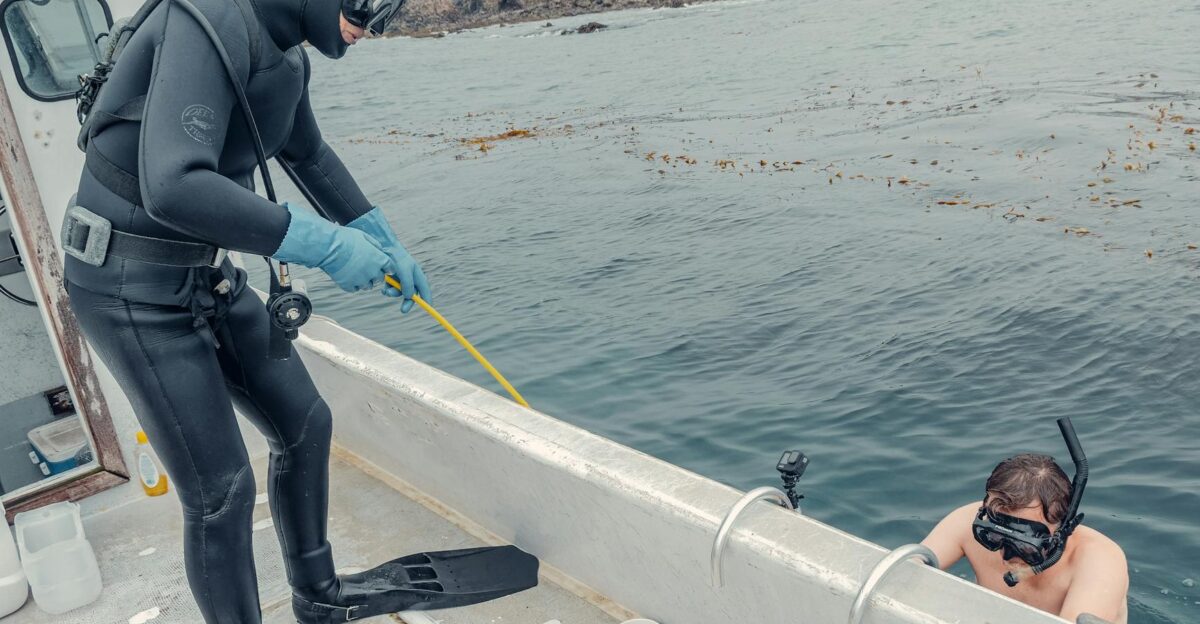
Underwater surveys around the Mid-Atlantic Ridge and close to the Azores have been carried out since about 2025 by exploratory teams including independent marine researchers, who have discovered odd concentric structures hidden beneath sediment. These features fall roughly within the period typically associated with Atlantis, based on inferred dating from nearby organic material and geological context.
Some enthusiasts claim that certain recovered materials resemble descriptions of ancient alloys found in classical sources, though these claims have not been scientifically verified. Even if intriguing, these interpretations are preliminary and need to be confirmed by additional peer-reviewed studies to determine their cultural background and human origin.
Is an Era Coming to an End? The Hypothesis of Tsunami

In regions that are consistent with the suggested location of Atlantis, studies of sediment layers from the end of the last Ice Age reveal abrupt and violent natural events, such as tsunamis and swift sea level rises. Disrupted sediment and patterned formations—interpreted by some as urban-like—have been suggested based on sonar and radar data, though these remain unconfirmed.
In keeping with Plato’s account of destruction, some academics suggest that such disasters might account for the disappearance of an advanced ancient society from the annals of history.
Wonders of Engineering or Natural Formations?
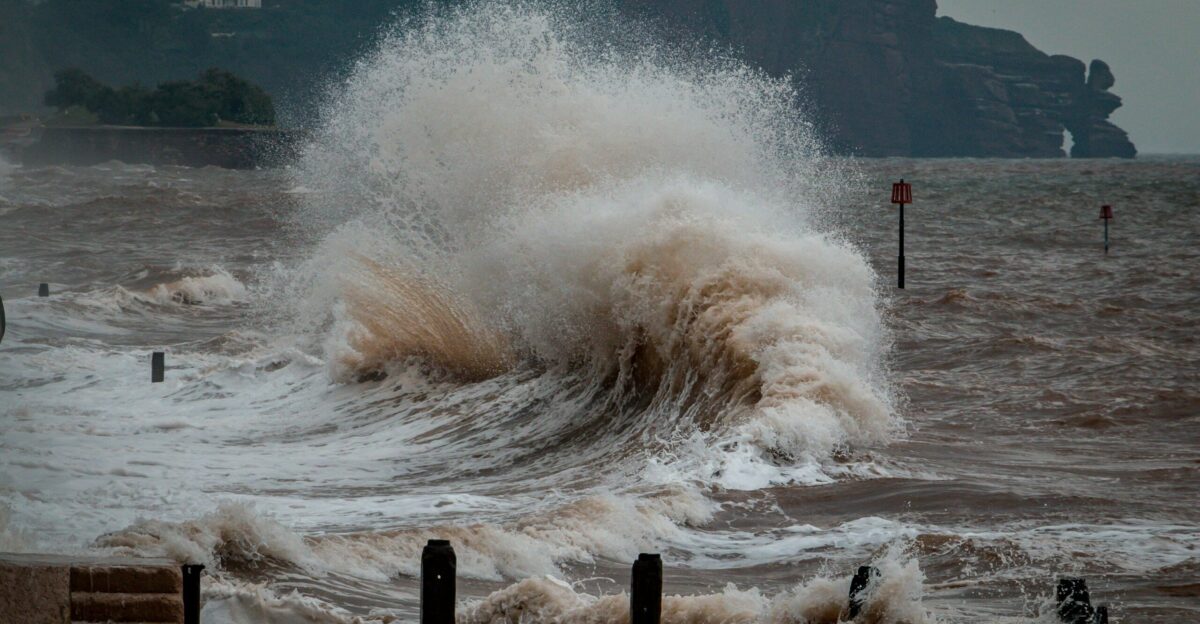
The origin of the sonar-identified concentric ring structures has been disputed. Some see them as proof of intricate harbor construction and water management systems that may have used tidal power and other natural forces thousands of years ago. Nearby metallic remnants may indicate early technological developments.
Scholars stress the value of interdisciplinary research, cautious analysis, and refraining from drawing hasty conclusions. Although confirmation is still being worked on, these features could change our understanding of prehistoric engineering and social organization if they are anthropogenic.
Ancient Trade Routes and Maritime Activity?

Alleged formations resembling harbors and unconfirmed material findings have led to speculation about early maritime capabilities and possible long-distance contact. This supports historical conjecture that Atlantis might have served as a crossroads for diverse ancient societies. Isolated models of the emergence of civilization are being called into question more and more by DNA research and crop dispersal data.
Although these theories are fascinating and may point to a more interwoven early human past, solid archaeological and genetic data are still needed to determine the precise makeup and extent of such trade networks in the Atlantic region.
Legends and Recollections: Atlantis in International Traditions
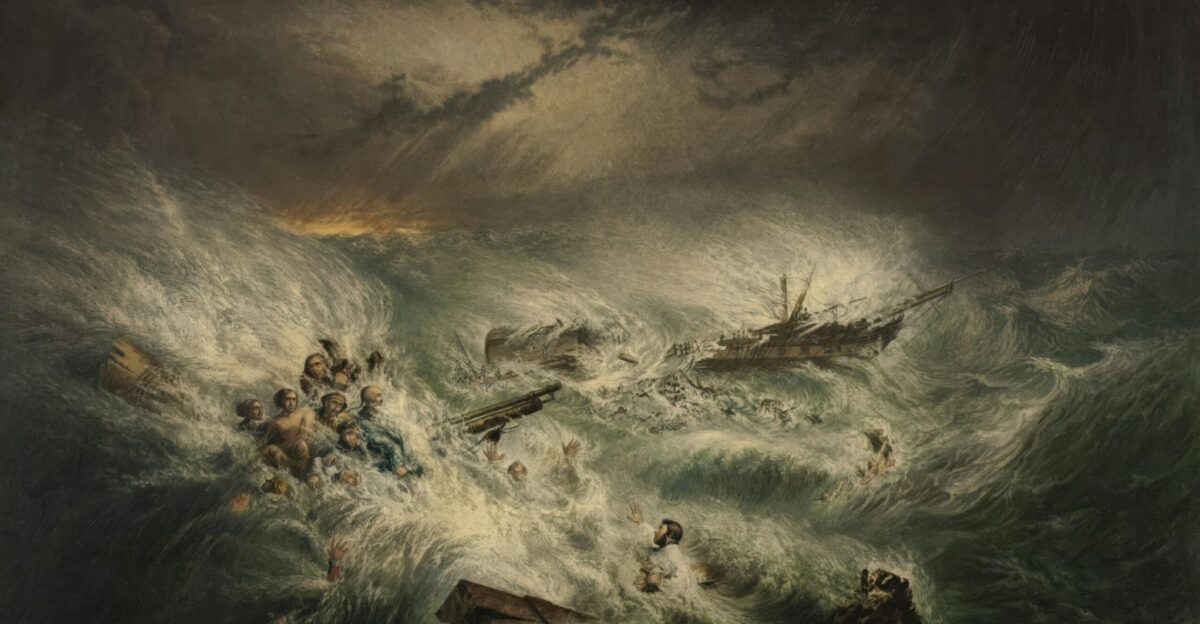
From Sumeria to Polynesia, flood myths and tales of submerged lands are prevalent themes across continents and cultures. Scholars contend that rather than being based on firsthand historical accounts of Atlantis, these common themes might represent collective ancestral experiences with ancient catastrophic events.
This viewpoint promotes the idea that myths are not always accurate historical accounts, but rather frameworks for comprehending human attempts to explain natural disasters and cultural upheavals. To map how these stories developed alongside early civilizations, more comparative mythological research is encouraged by the recurring themes of ringed islands and lost lands.
Skepticism and Scientific Debate
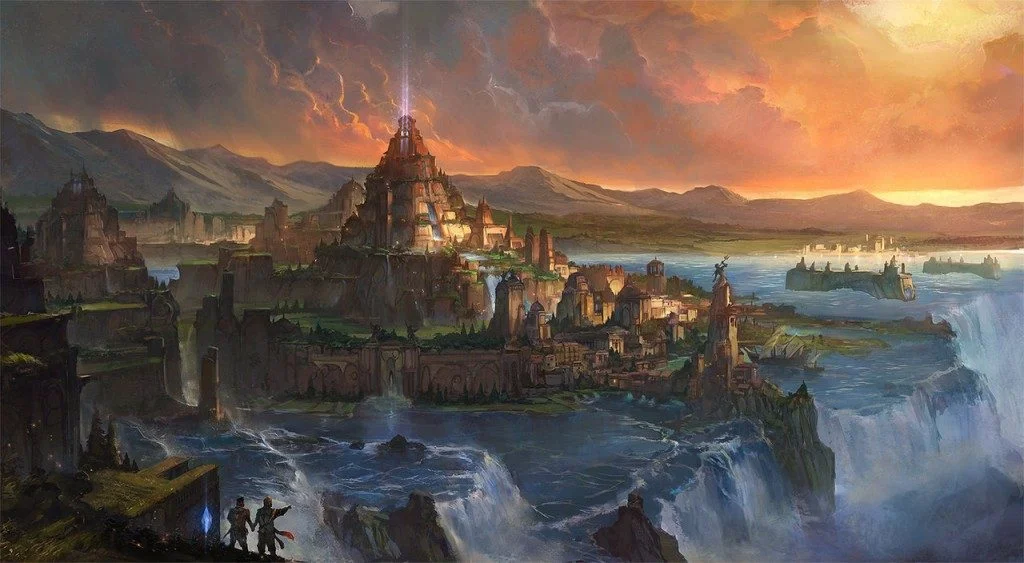
Even though interest in Atlantis is growing, many experts are still wary, focusing on methodological rigor and requiring clear proof before acknowledging it as a legitimate ancient civilization. The absence of inscriptions, conclusive artifacts, or contextual cultural continuity that would confirm these underwater formations as artificial cities is cited by critics.
In scientific advancement, skepticism is normal and necessary, particularly when addressing claims that challenge established paradigms. Because sonar and satellite data are publicly available, claims must be carefully examined, and researchers must use stringent criteria and peer review to distinguish between findings that are suggestive and conclusive.
Wider Consequences: Reevaluating Human History?

The established models of human development that currently attribute organized civilization to places like Mesopotamia and Egypt need to be rethought if these findings indicate the existence of previously undiscovered advanced societies. Atlantis’s apparent proficiency in metallurgy and water management may be a reflection of similar or earlier technological traditions.
These changes would have an impact on the fields of archaeology, anthropology, and history, leading to a reexamination of migration, cultural diffusion, and the role that natural disasters play in the evolution of society. However, these theories are still theoretical and lack widespread scholarly agreement, underscoring the need for additional data and careful analysis.
Putting Conventional Narratives to the Test
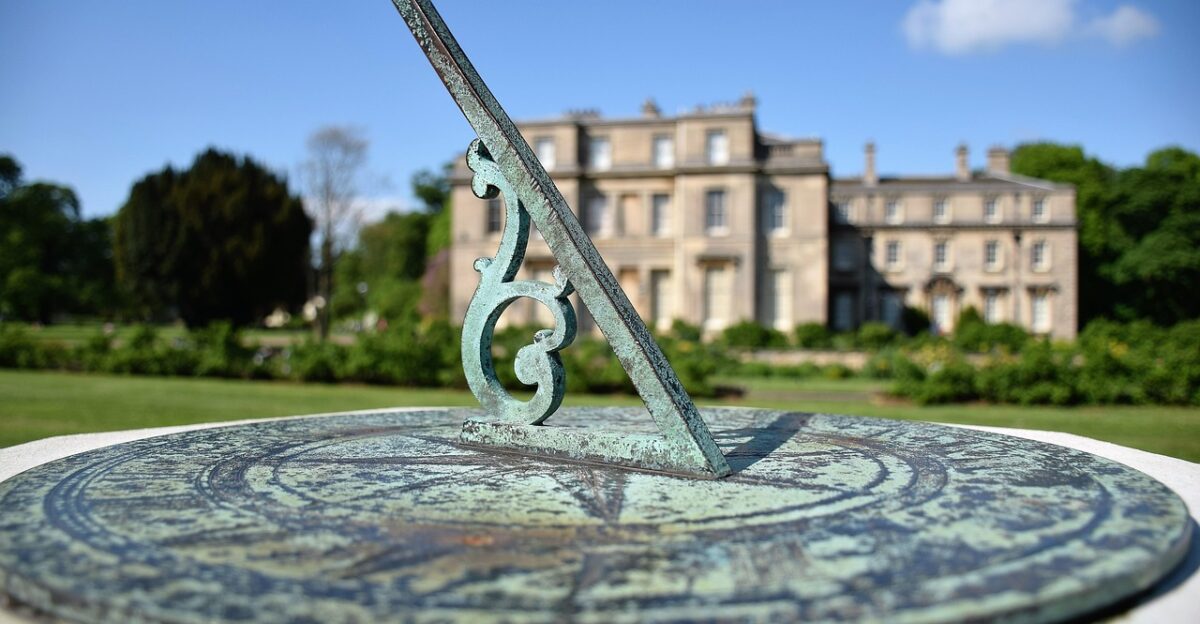
The idea that Atlantis was a real, if extinct, civilization calls into question accepted scholarly wisdom and prompts consideration of the transparency of scientific research. It is delicate but essential to strike a balance between skepticism and receptivity to new information.
Even though extraordinary claims need substantial evidence, they should be thoroughly examined rather than rejected outright. In order to reconcile disparate findings with preexisting knowledge frameworks, this situation emphasizes the value of interdisciplinary collaboration among archaeologists, geologists, historians, and oceanographers.
New Directions for Research
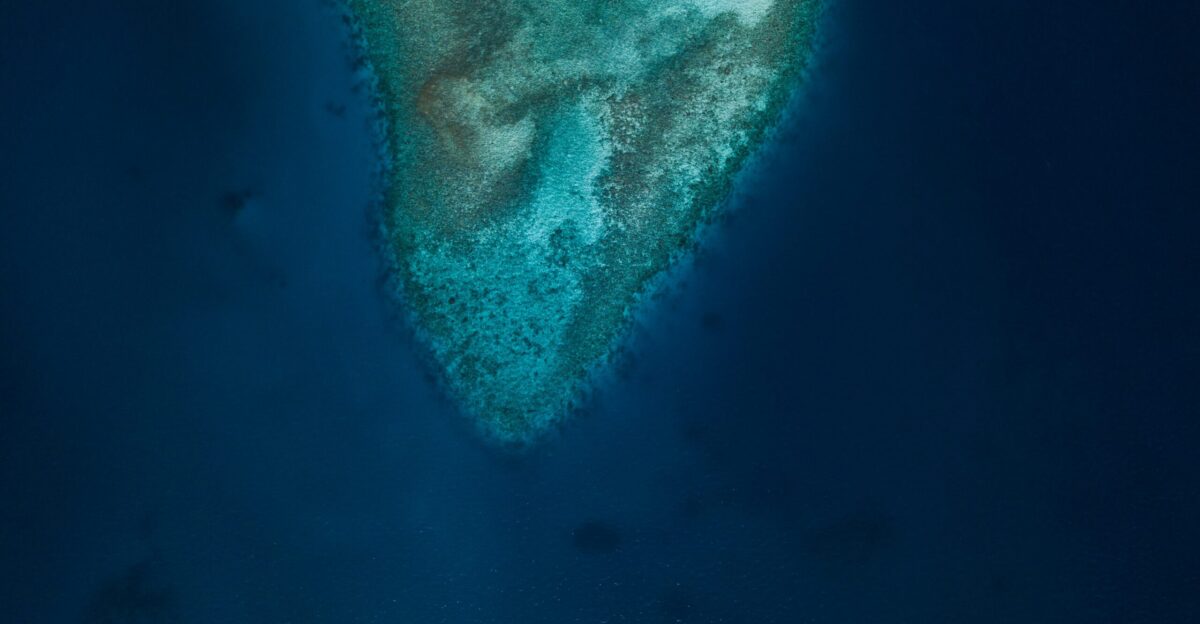
The existence of Atlantis or comparable submerged civilizations opens up exciting opportunities for a variety of fields, including the’ investigation of ancient population movements, the mapping of lost landscapes, and the study of submerged continental fragments. A deeper comprehension of environmental change and human prehistory is possible through the integration of various scientific fields.
Addressing the trauma and cultural memory associated with these occurrences may help reveal enduring collective narratives that are ingrained in human nature. The difficulty is in creating methodologies that can balance skepticism and enthusiasm while handling emerging data responsibly.
Acceptance Barriers in Psychology
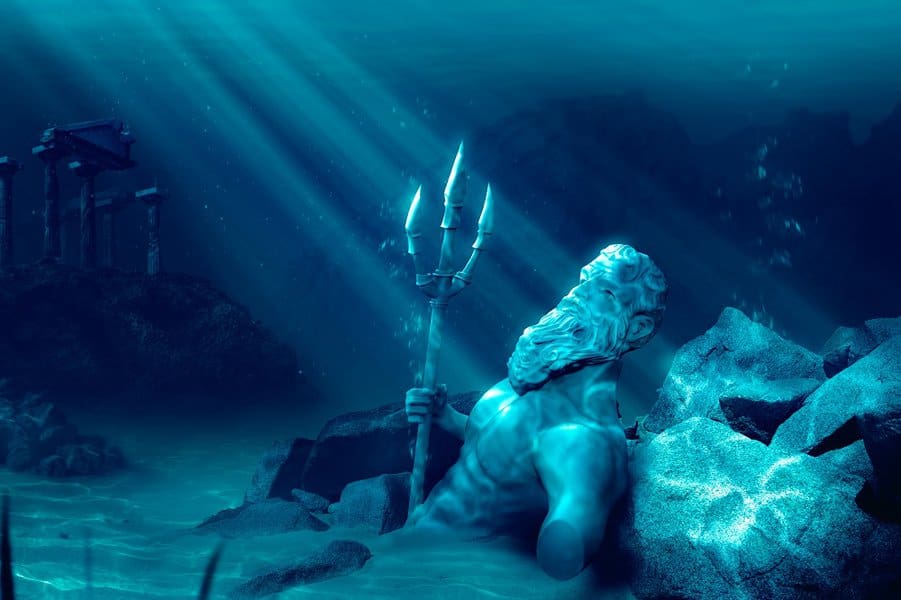
Professional conservatism and human cognitive biases may be contributing factors to the historical hesitancy to acknowledge Atlantis as anything other than myth. Fears of losing established frameworks and harming one’s reputation are common reasons why paradigm shifts encounter resistance.
Knowing these psychological dynamics makes it easier to manage academic debate and public communication in order to promote positive dialogue and slow changes in perception as opposed to rejection or blind acceptance.
Popular Media and Cultural Resonance
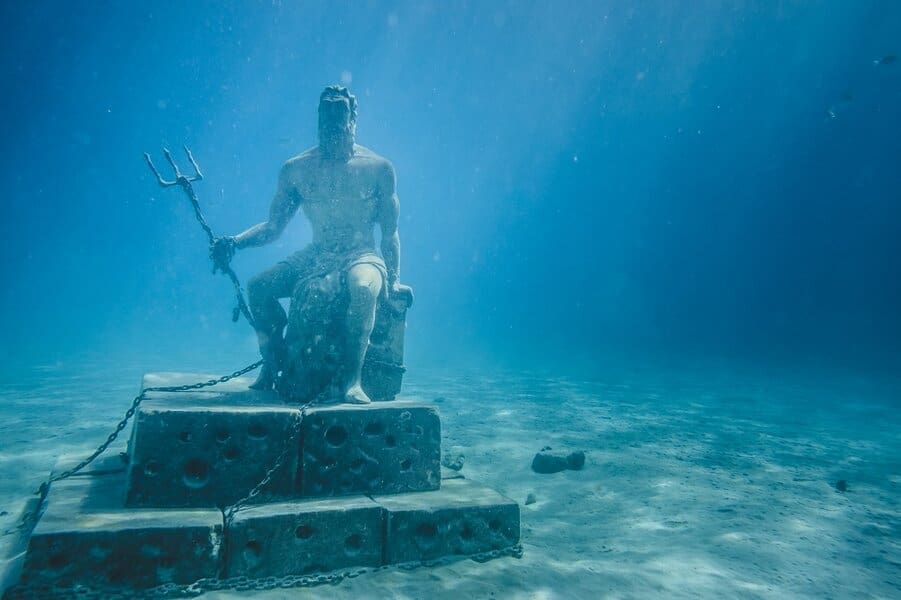
Art, literature, and media have long been influenced by interest in Atlantis, and new research is igniting new technological and creative projects like documentaries and virtual recreations. Growing public interest encourages heritage tourism to locations with similar underwater features and supports funding for oceanic archaeology.
To avoid misrepresentation, the interaction between scientific discoveries and popular culture must be carefully controlled. This way, educational materials will accurately reflect debates and uncertainties without resorting to sensationalism.
Studying the Past: Present-Day Thoughts

A powerful metaphor for contemporary issues like climate change, environmental degradation, and geopolitical instability is the rise and fall of fictitious ancient civilizations like Atlantis. Studying ancient catastrophic events encourages reflection on resilience and vulnerability, even though these comparisons need to be made with caution.
Current policies pertaining to disaster preparedness, coastal planning, and sustainable development may benefit from these lessons. The story encourages us to view history as a dynamic source of insight that is pertinent to our future rather than just as a static record.
A Call to Humility and Inquiry
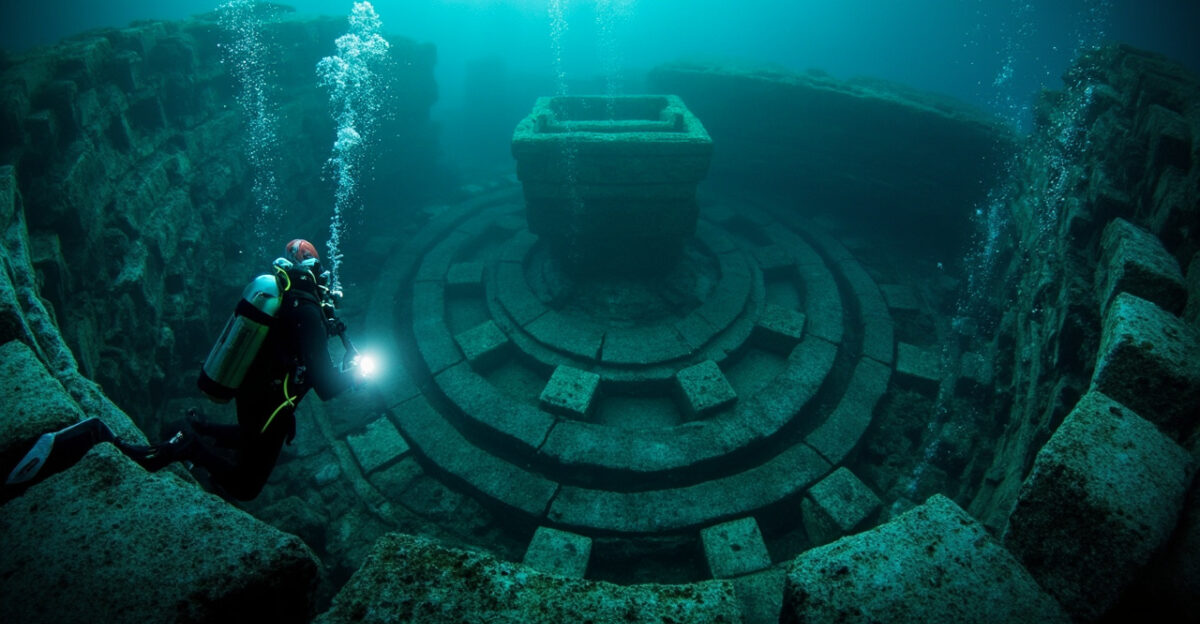
Even though conclusive evidence of Atlantis is still elusive, current research shows intriguing possibilities that go against conventional historical narratives. Both thorough scientific research and an openness to changing long-held beliefs are encouraged in this developing field.
Whether it is based on myth, reality, or a combination of the two, the tale of Atlantis is still incredibly captivating and inspires humanity to be humble and curious about its beginnings. In the upcoming years, we may see the clarification or further elaboration of this age-old mystery as underwater explorations continue, contributing to our shared historical quest.



